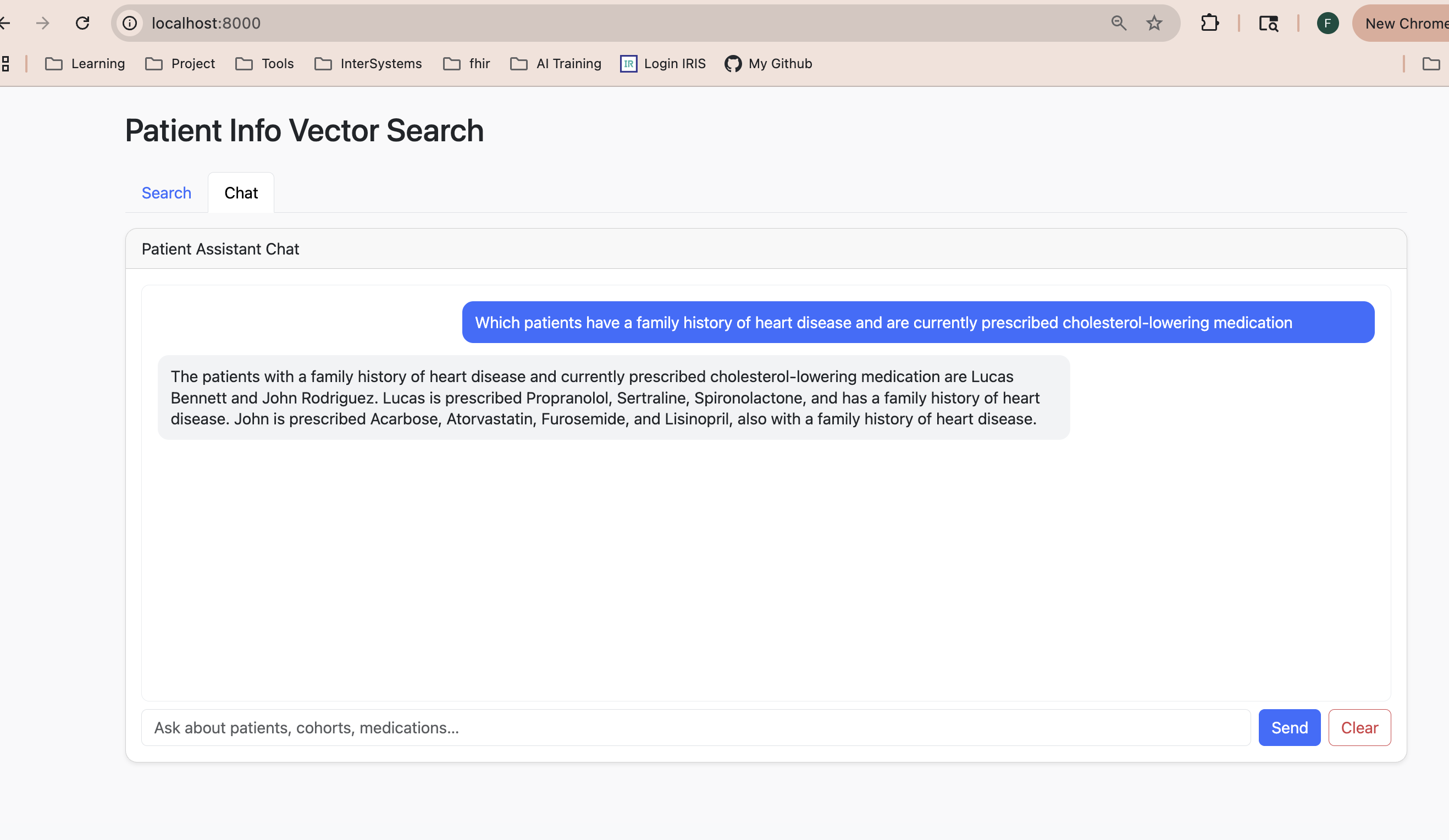The Essentials Hoodie in Canada has become more than a simple winter layer; it has evolved into a true cultural staple admired for its comfort, versatility, and premium feel. Canadians face long, cold months, making warm Essentials Hoodie
apparel essential for everyday life. The Essentials Hoodie stands out by combining durable construction, soft materials, and modern aesthetics that suit both streetwear lovers and individuals seeking dependable warmth. Its growing popularity reflects a shift toward fashion that blends function and style without compromise. For many shoppers, this hoodie has become the perfect go-to piece for any occasion.
Premium Materials for Cold Canadian Weather
One of the key reasons the Essentials Hoodie has gained traction across Canada is its exceptional fabric quality, crafted to withstand fluctuating temperatures. Whether enduring icy winds or layering beneath heavy coats, the hoodie provides impressive insulation while maintaining breathability. The materials are chosen to offer long-lasting softness, resisting pilling and stretching even after frequent wear. This makes it especially suitable for Canadian winters, which demand durable clothing capable of offering reliable warmth. The hoodie’s premium cotton blends and brushed interiors create a cozy experience that customers find both luxurious and practical for everyday use.
Iconic Minimalist Design Loved in Canada
The minimalist design of the Essentials Hoodie appeals strongly to Canadian consumers who prefer subtle yet stylish clothing. Rather than relying on loud graphics or trends that quickly fade, the hoodie embraces a clean aesthetic highlighted by simple branding and elegant structure. This timeless approach ensures the hoodie remains relevant year after year, fitting seamlessly into a variety of wardrobes. Canadian shoppers appreciate pieces that offer both fashion and flexibility, and this hoodie delivers exactly that with its understated details. Its iconic look allows it to pair easily with jeans, joggers, or layered outfits without feeling overwhelming.
Versatility for Urban and Outdoor Lifestyles
Canadian lifestyles vary widely, from busy urban routines to outdoor adventures, and the Essentials Hoodie adapts easily to both settings. City wearers enjoy its sleek appearance for running errands, attending classes, or commuting, while outdoor enthusiasts value its warmth during hikes or weekend trips. The hoodie’s ability to function across different climates and activities makes it a smart investment for people seeking reliable performance. Because Canada experiences unpredictable weather, having a hoodie that works in multiple contexts is invaluable. The Essentials Hoodie offers that balance, making it an everyday companion regardless of where life takes you.
Comfort That Matches Canadian Living Standards
Comfort is a non-negotiable aspect of clothing in Canada, where long winter seasons demand apparel that feels good throughout the day. The Essentials Hoodie excels by providing an ultra-soft interior and relaxed fit that never feels restrictive. Its thoughtful construction prevents irritation, allowing wearers to enjoy all-day coziness whether indoors or outdoors. Canadians appreciate clothing that enhances comfort without sacrificing durability, and this hoodie perfectly reflects that balance. Its comforting feel makes it ideal for lounging at home, working remotely, or layering before stepping into the cold. This combination has contributed significantly to its rising popularity.
The Rise of Streetwear Culture in Canada
Streetwear culture has flourished in Canada, and the Essentials Hoodie has become a standout piece within this movement. Canadian youth and adults alike embrace streetwear for its authenticity and expressive style, and Essentials fits seamlessly into that aesthetic. The hoodie’s clean lines, neutral colours, and refined branding make it a favourite among trendsetters who appreciate understated luxury. As streetwear merges with mainstream fashion across cities like Toronto, Vancouver, and Montreal, Essentials continues to grow in influence. Its ability to elevate simple outfits while maintaining comfort reflects the core values of Canadian streetwear enthusiasts.
Why Canadians Prefer Essentials for Daily Wear
Canadians prefer the Essentials Hoodie for daily wear because it strikes the perfect balance between practicality and fashion. The design is simple enough for everyday use, yet stylish enough to make any outfit feel intentional. Many people look for clothing that offers convenience during busy days, and this hoodie meets those expectations effortlessly. It layers well with jackets, works with casual bottoms, and maintains its shape even after repeated washes. For Canadians, who constantly move between indoor and outdoor environments, having a dependable hoodie that adapts to every situation makes life significantly easier and more comfortable.
Seasonal Appeal Throughout the Canadian Year
Although it is especially valued in winter, the Essentials Hoodie remains relevant throughout the year in Canada. During fall and spring, it serves as a reliable standalone layer that offers warmth without overheating. In summer, it becomes an ideal evening option for cooler nights or cottage trips where temperatures drop unexpectedly. Canadians appreciate pieces that remain useful beyond a single season, and the hoodie’s adaptable design ensures year-round wearability. This extended utility makes it a worthwhile investment for individuals seeking clothing that offers comfort and style regardless of shifting weather patterns and seasonal demands across the country.
Value and Longevity That Canadians Trust
The Essentials Hoodie offers impressive value through its durability and premium construction, which Canadians recognize as essential qualities when purchasing clothing. Instead of wearing out after a single season, the hoodie maintains its softness, shape, and colour over long periods. This longevity reduces the need for frequent replacements, making it a cost-effective choice for those who prioritize quality. Canadians often look for dependable clothing that withstands demanding climates, and Essentials consistently delivers. Its combination of long-lasting materials and timeless design ensures that customers receive substantial value, reinforcing the brand’s positive reputation across the country.
Conclusion: A Must-Have Hoodie for Canadians
In conclusion, the Essentials Hoodie has established Essentials T Shirt
itself as one of Canada’s most beloved wardrobe pieces thanks to its exceptional quality, warmth, and stylish appeal. It meets the demands of a climate that requires durable clothing while supporting the preferences of individuals who appreciate modern minimalism. From comfort to versatility, the hoodie excels in every category, making it a reliable choice for Canadians of all lifestyles. Its popularity continues to grow as more people recognize its balance of luxury and practicality. For anyone seeking a premium hoodie experience, Essentials remains an unbeatable option across Canada.

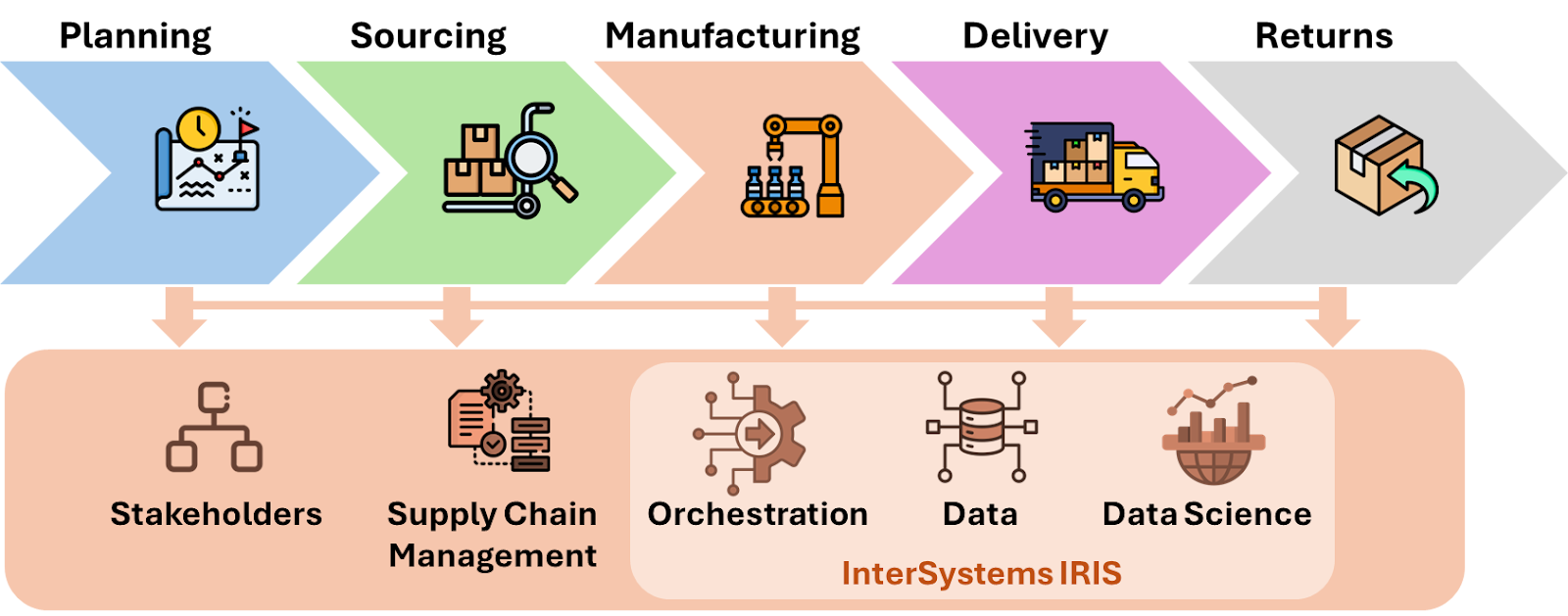
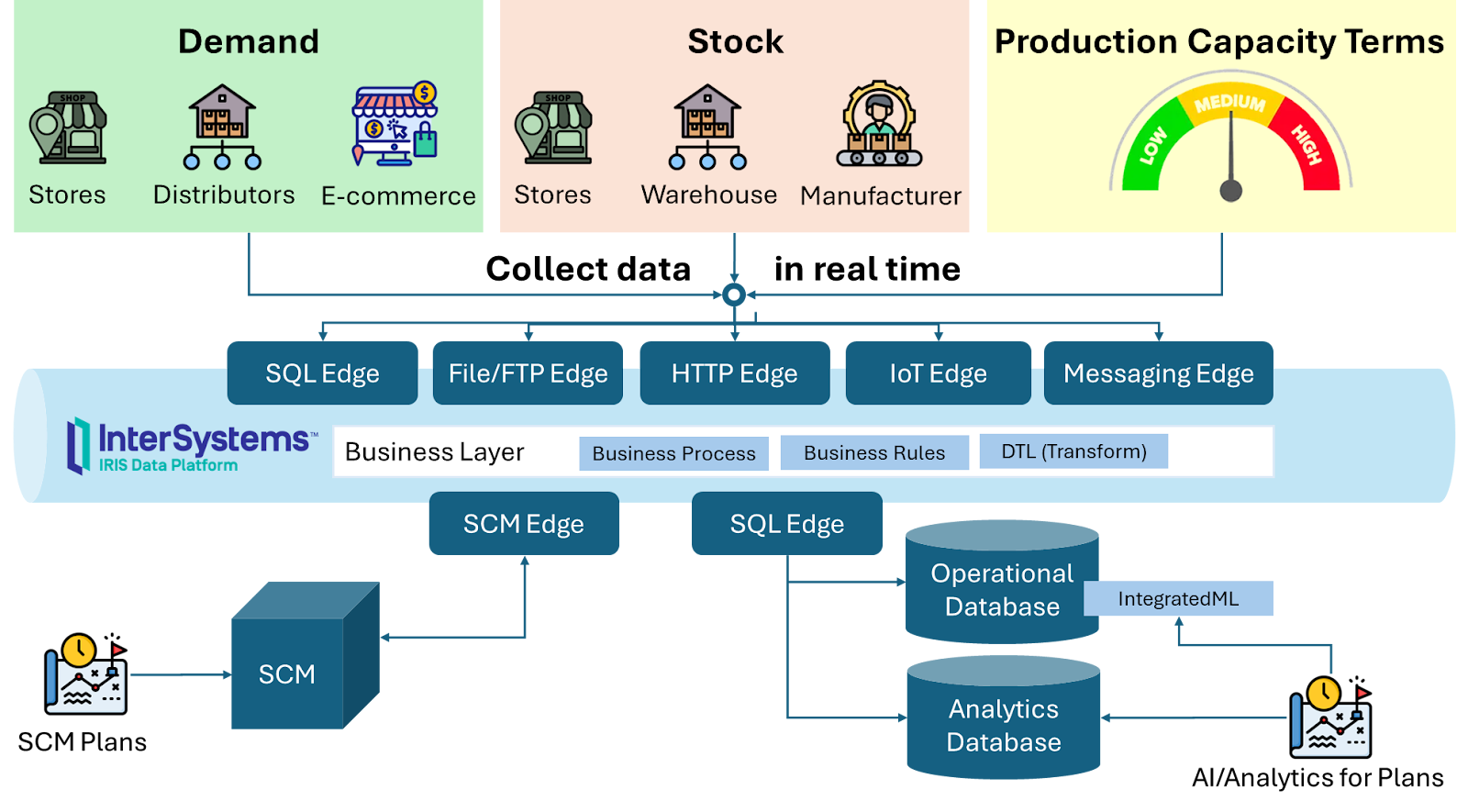
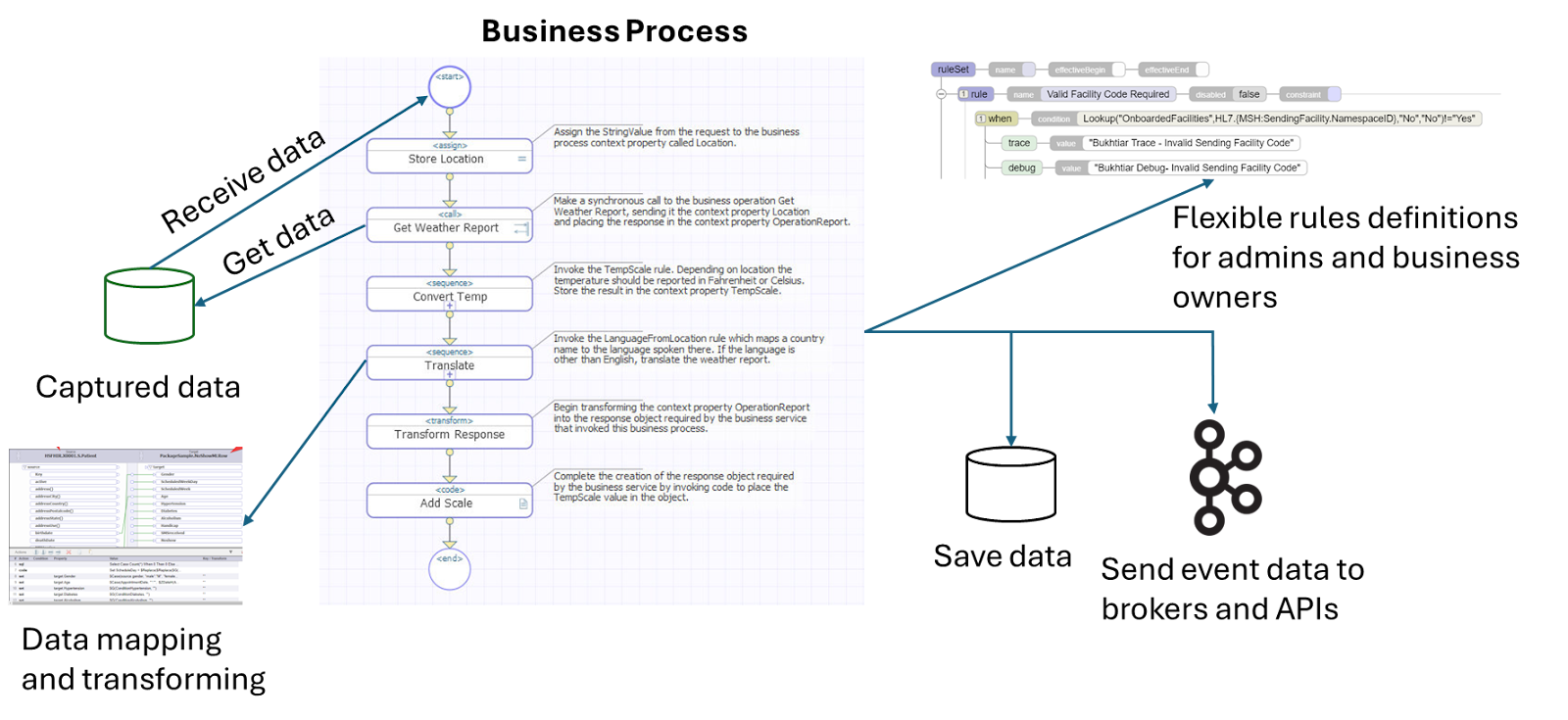
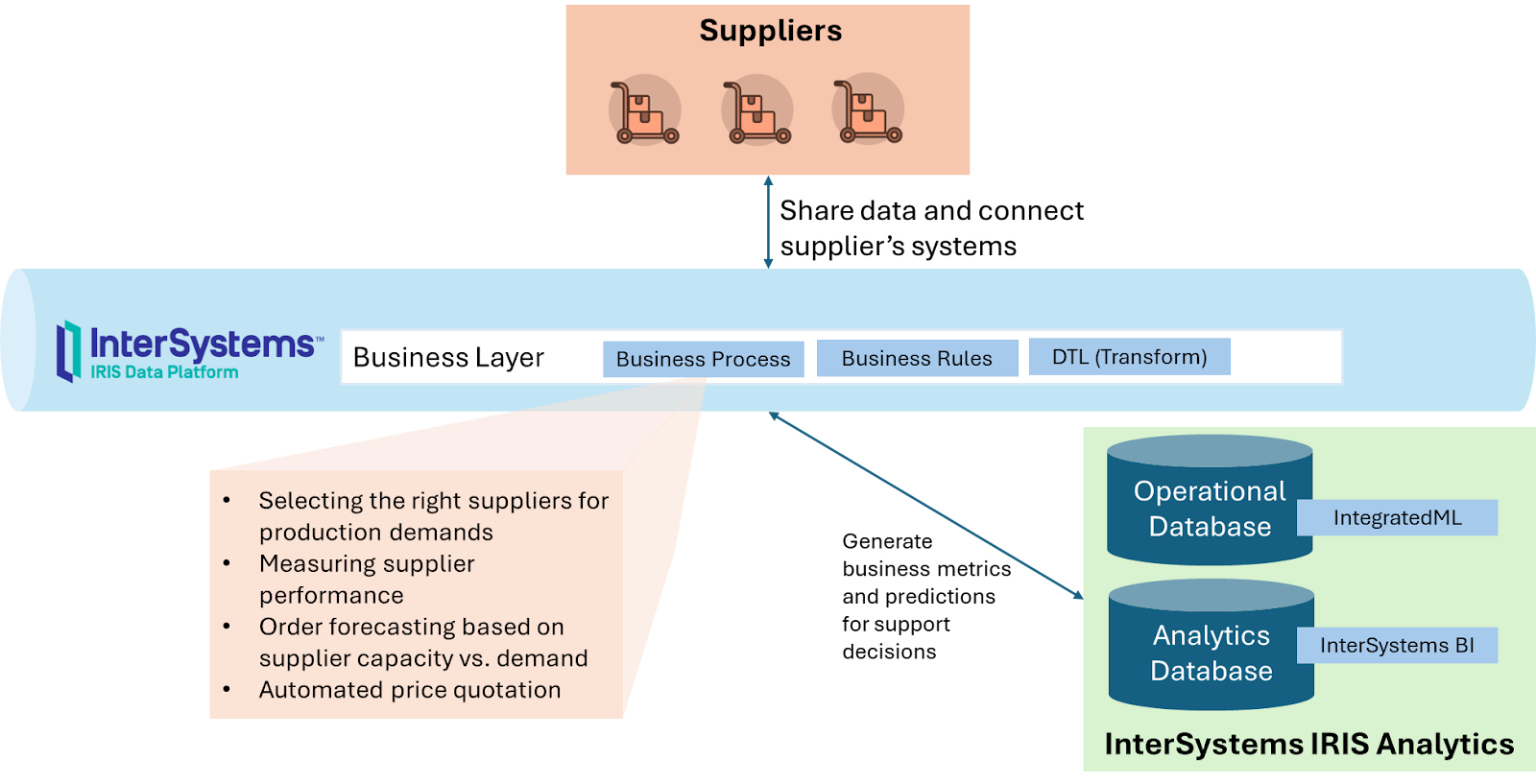
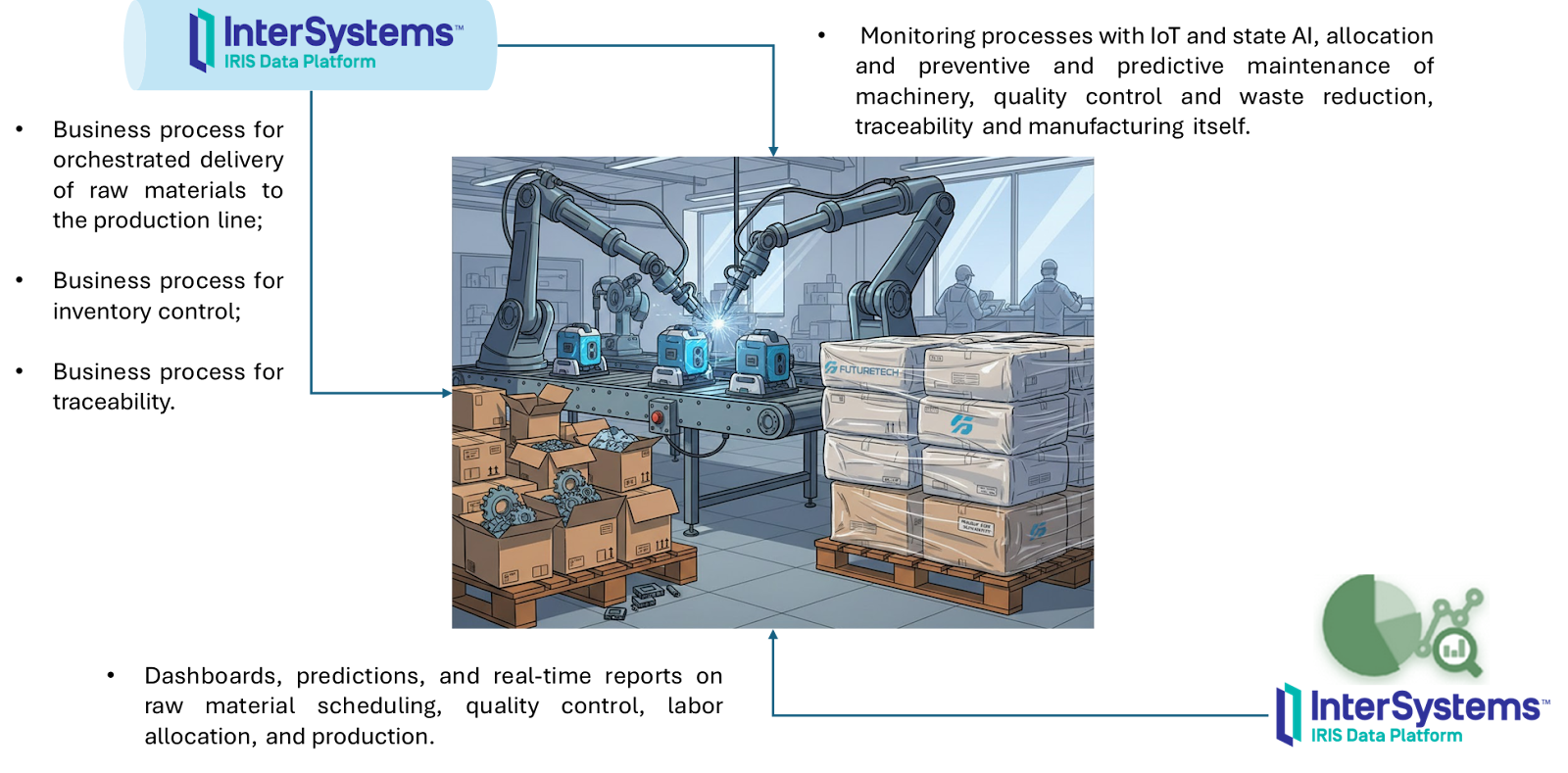
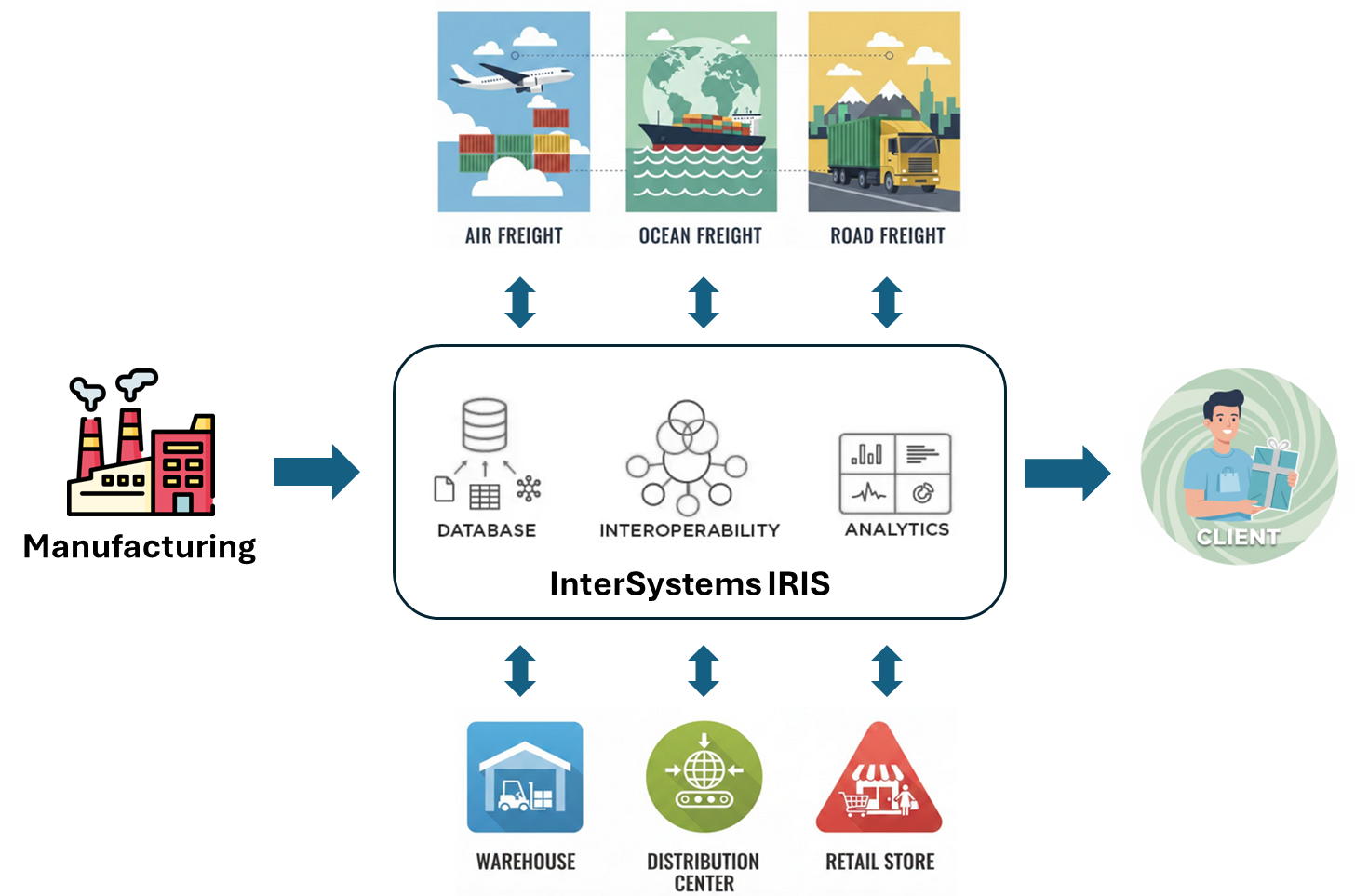


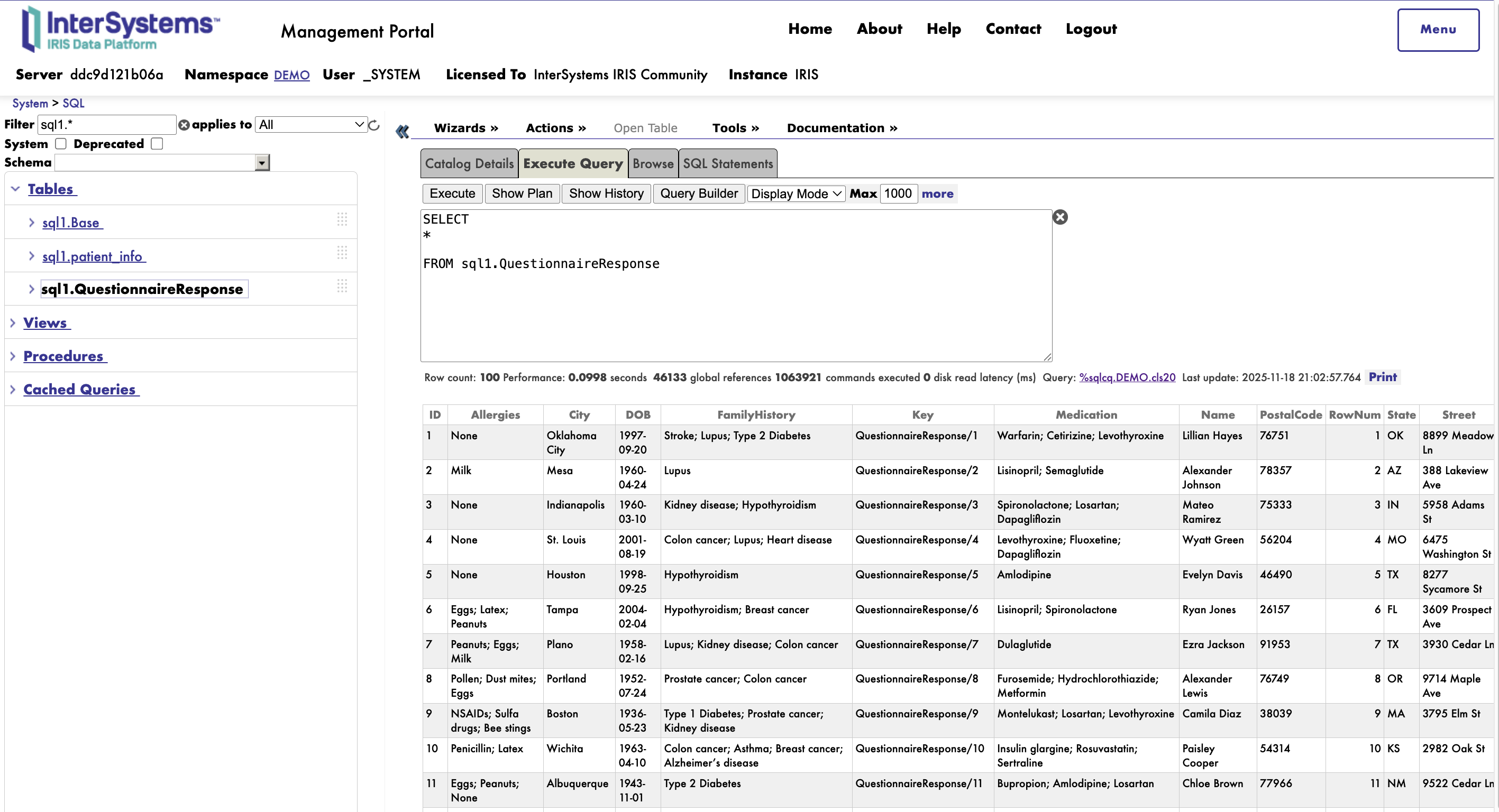
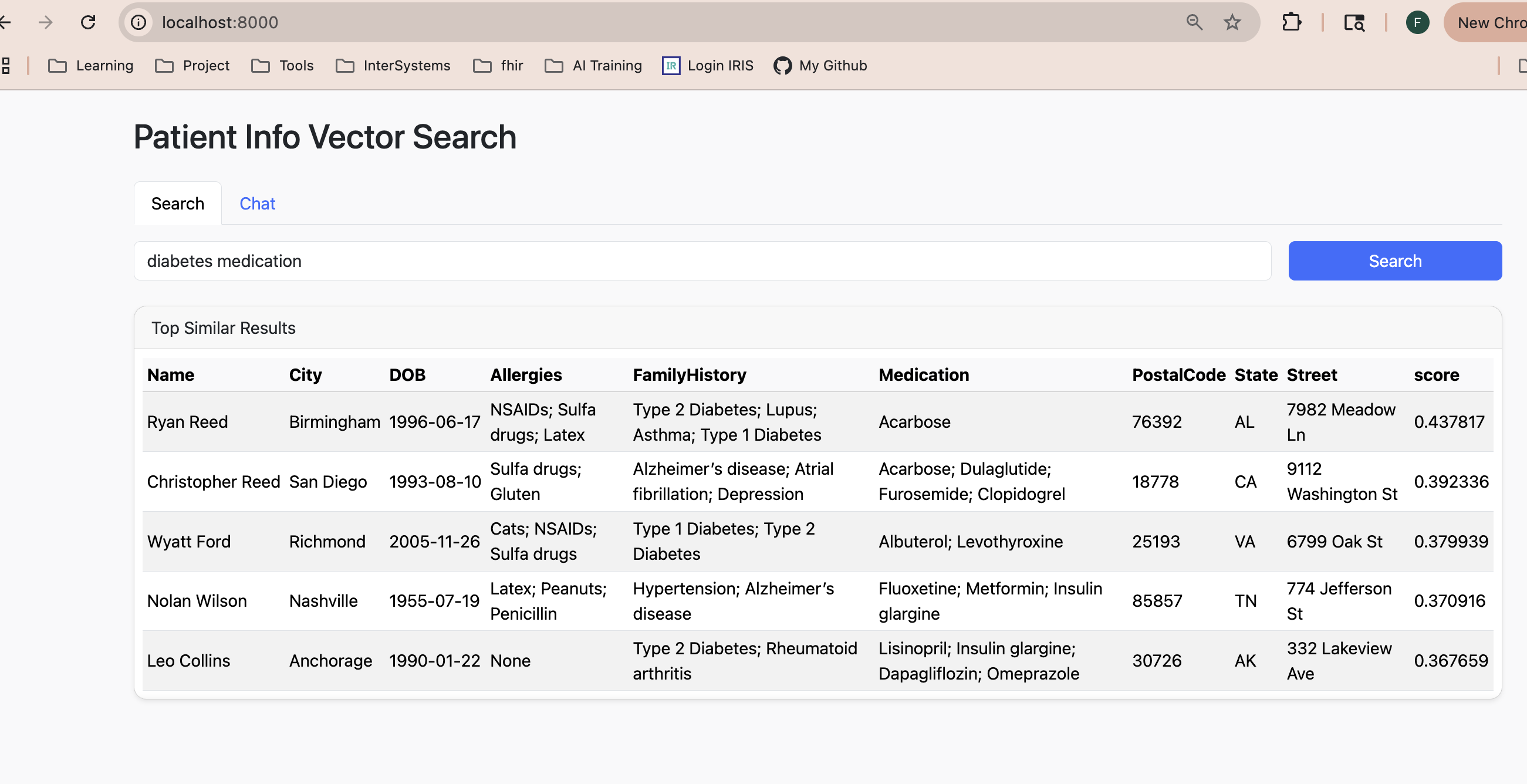 。
。